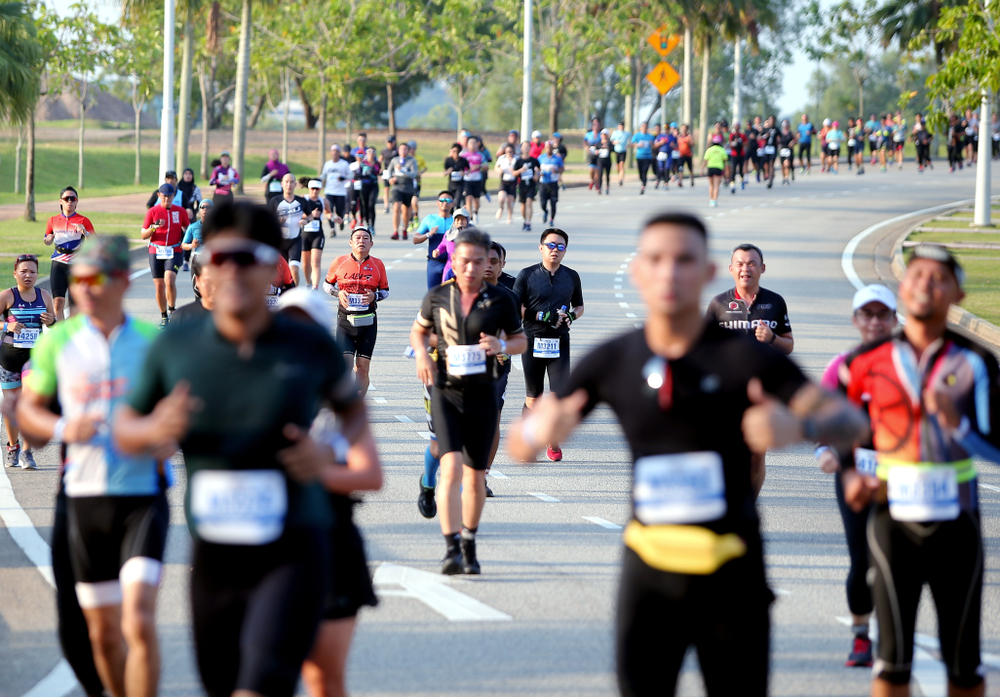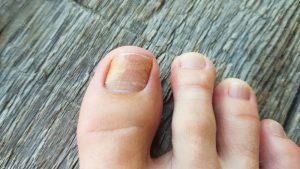Testosterone Replacement Therapy (TRT) has gained significant attention in recent years, particularly within the sports world. This medical treatment aims to restore normal testosterone levels in men with low testosterone, offering various benefits. But why are athletes using TRT, and is it something you should consider?
Let’s explore the world of TRT and its effects on athletic performance.
TRT: A Performance Booster for Athletes
Low testosterone can lead to reduced muscle mass, decreased energy levels, and diminished athletic performance. TRT helps counteract these issues by replenishing testosterone levels. Several professional athletes have turned to TRT to improve their performance and maintain their competitive edge. Here are a few examples:
- Vitor Belfort: Belfort is a Brazilian mixed martial artist who used TRT to address low testosterone levels. It resulted in improved strength and stamina during his UFC career. However, controversy arose when Belfort’s testosterone levels were found to be elevated, leading to the UFC banning TRT in 2014.
- Chael Sonnen: Another UFC fighter, Sonnen underwent TRT due to hypogonadism, a condition that causes low testosterone production. Sonnen experienced increased energy and better performance, but also faced criticism and suspension for elevated testosterone levels.
Health Pros of TRT
- Improved muscle mass and strength: Testosterone is essential for muscle development, and TRT can help increase muscle mass and overall strength.
- Increased energy levels: Low testosterone can lead to fatigue and low energy. TRT often results in increased energy levels, allowing individuals to feel more alert and active.
- Enhanced libido and mood: Testosterone plays a crucial role in sexual desire and mood regulation. Men undergoing TRT frequently experience an improvement in libido and overall mood.
- Better cognitive function: Some studies suggest that TRT may help improve memory, focus, and cognitive function, particularly in older men with low testosterone levels.
- Improved bone density: Testosterone helps maintain bone density, and TRT can increase bone mineral density in men with low testosterone, reducing the risk of fractures and osteoporosis.
- Reduced risk of anaemia: Research has shown that TRT can increase haemoglobin levels in men with low testosterone, potentially reducing the risk of developing anaemia.
Health Cons of TRT
- Increased risk of blood clots: TRT can raise the risk of developing blood clots in the deep veins (deep vein thrombosis) and lungs (pulmonary embolism).
- Possible cardiovascular risks: Some studies have suggested an increased risk of heart attacks, strokes, or other cardiovascular events in men receiving TRT.
- Sleep apnea: TRT may exacerbate existing sleep apnea or contribute to the development of sleep apnea in some men.
- Acne and oily skin: Elevated testosterone levels can lead to increased oil production in the skin, causing acne and oily skin.
- Breast enlargement (gynecomastia): TRT can sometimes cause breast tissue to grow in men, leading to breast enlargement and tenderness.
- Testicular shrinkage and reduced fertility: Long-term TRT use can cause testicles to shrink and decrease sperm production, potentially leading to reduced fertility.
- Aggravation of existing prostate issues: TRT may worsen existing prostate conditions, such as benign prostatic hyperplasia (BPH) or increase the risk of prostate cancer.
Should You Consider TRT?
If you’re experiencing symptoms of low testosterone, it’s crucial to consult a medical professional before considering TRT. They can help determine the cause of your symptoms and recommend the best course of action. TRT may be suitable for those with genuine medical needs, but it’s not a one-size-fits-all solution.
For athletes, it’s important to remember that using this to gain a competitive advantage may lead to suspensions or bans. This can be seen in the examples of Belfort and Sonnen. However, if low testosterone is genuinely affecting your performance and quality of life, discussing the usage of this treatment with your doctor could be a viable option.
Conclusion: Balancing Performance and Ethics
This subject has been a controversial topic in the world of sports, with some athletes benefiting from its performance-enhancing effects. While it can help those with low testosterone levels, it’s crucial to consider the potential risks, side effects, and ethical implications before opting for the treatment. If you’re thinking about using this treatment, consult a medical professional to determine if it’s the right choice for your unique situation.













